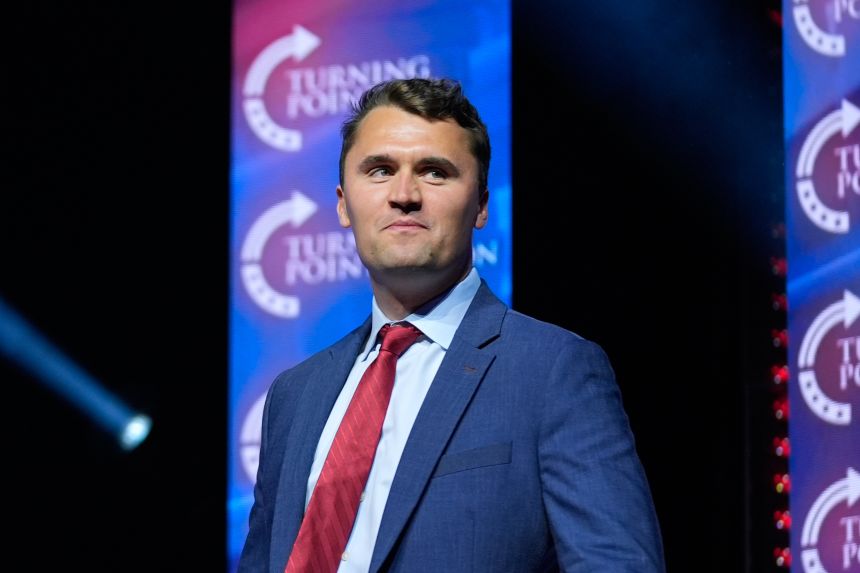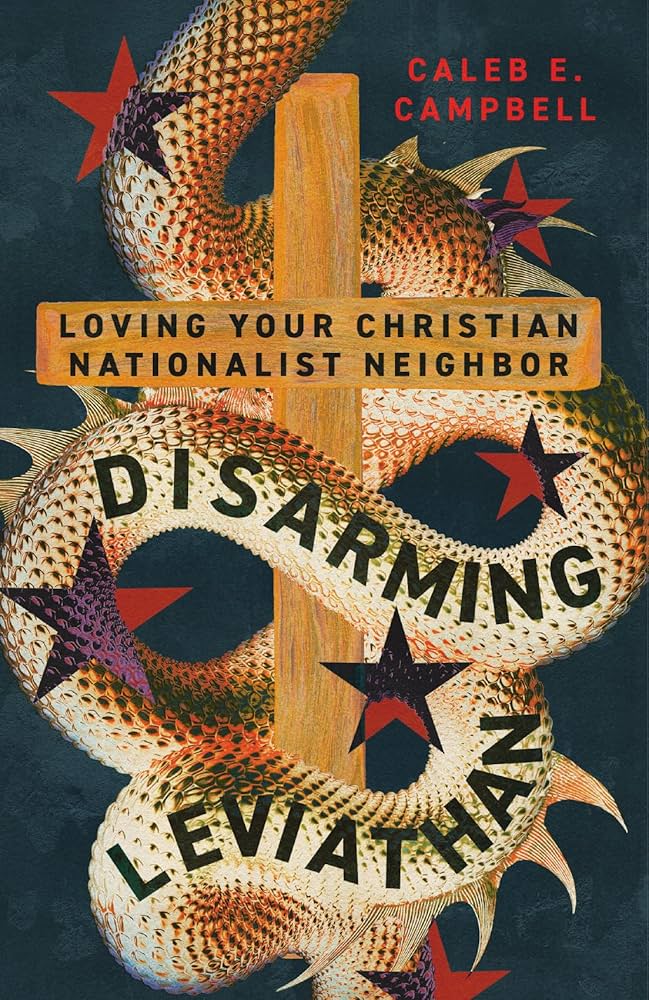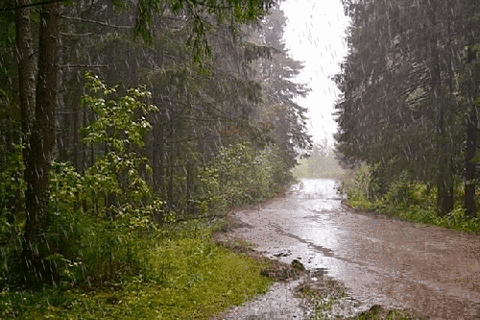“Under the new tyranny of the raw act of choosing, nothing would prevent two people from marrying, one in Massachusetts and one in Washington, whose one thing they share ‘in common’ is the fact that they have never met each other, never want to, and are resolved never to exchange any email whatsoever.”
Virgins and Volcanoes, p. 62







